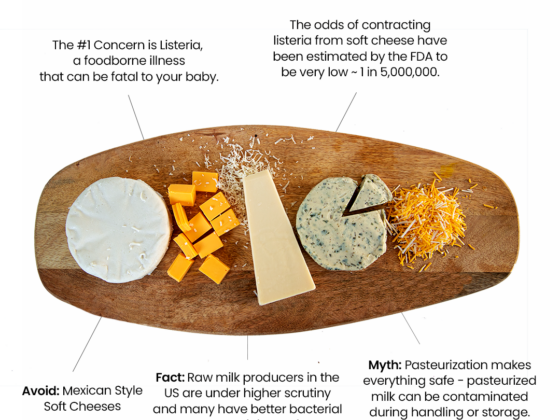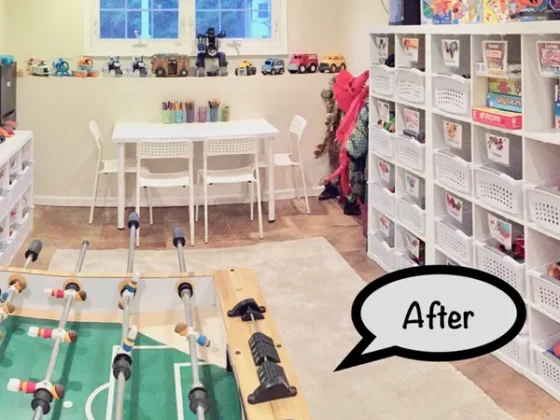This is Episode 121 of the Juna Women Podcast, Sensory Processing and Self-Regulation with Kelly Smith.

In this episode, Sarah talks with Kelly Smith from Movement Matters.
Kelly is a Mom and holistic nurse who focuses on how neurodevelopment challenges affect children, families, and classrooms.
They talk about sensory processing disorders, ADHD, mental health, discipline, connection and Kelly shares a boat load of tips to help parents who are struggling with helping their kids learn how to self-regulate.
Behaviors That Are Indicative of Sensory Processing Disorders
- hurting themselves or others
- resistant to food
- sensitive to clothing
- become overwhelmed in crowded area
- struggle with transitions
- overwhelmed or. bothered by loud noises
As a parent, you may need help with a child with a sensory issue if you are feeling overwhelmed or unsure what to do.
There’s a spectrum of behavior and there is no one size fits all. If you are overwhelmed, ask for help. It will likely only get worse if you don’t work hard to.
Now, let’s dive deeper into some of the issues kid’s with sensory issues may have.
Sensory Processing: Auditory Issues
The brain develops from the bottom up and it starts with regulation, sensory processing, emotions, critical thinking, and finally executive functioning skills.
If you notice that your child is sensitive to sound or loud noises, they may be having trouble processing all the sound inputs they are receiving at once.
One solution to this is to take them outdoors and have them label the natural sounds they hear.
Sensory Processing: Picking Eating
Young children have super smell receptors and can be very sensitive to smells. It can help to let your children explore their food.
Have them touch, smell, build something with it.
Many parents believe playing with your food is an example of bad manners, but there is plenty of time to teach a child appropriate table manners.
Try to avoid power struggles and forcing your kids to eat certain foods.
There are times when kids won’t eat if they feel overwhelmed or anxious in their environment or anxious. It will cause them to not feel hungry.
This could be one of the reasons your child comes home with a full lunchbox but then tells you they are starving the minute they walk in the door.
What is Self-Regulation and Why Does it Matter?
Regulation is the ability to go from a healthy, calm space to a place of intense emotions — happy, sad, frustrated, angry — and then back to calm agin.
It’s totally normal to feel these emotions. We don’t learn how to feel, that comes naturally. What we need to learn is how to regulate those emotions.
If we don’t regulate our emotional state, then our emotions and anxiety are winning.
Regulation Strategies For Kids With Sensory Processing Issues
If you see a child with a sensory processing disorder starting to become dis-regulated, you can try to help them by playing age appropriate games.
For example a 2 or 3 year-old may love to be a dragon and blow fire on things.
This works because it gets the child moving and breathing, as well as distracts them from whatever was causing them anxiety.
You could also try having them be a puppy and search for a bone that’s hidden around the house.
Kids love imaginary play.
Sensory Processing: Regulation & Sleep
Kids, like adults, can have a hard time falling asleep. Some tips for helping kids regulate their sleep include meditation, setting a solid routine, and bringing calming energy to the room around bedtime.
Many children have tension and a massage or rubbing their back can help them relax and fall asleep.
Kid’s also love open ended stories. Reading from a book is great, but imaginative storytelling will help many kids fall asleep.
Sensory Processing: Routines vs Schedules
Routines are great for kids because they know what to expect. But be careful with over scheduling. Over scheduling doesn’t allow kids to build regulation skills to and have free play time.
Does this sound familiar? Soccer, birthday party, pumpkin patch, dinner at a friend’s, etc, etc. For some kids, especially those with sensory processing disorders, this can be considered over-scheduling.
We want our children to know what it feels like to be calm and rested. That is how they know to get back to a place of peace and how they can understand the emotions they’re feeling.
If they’re constantly feeling overstimulated and dis-regulated that can become their norm.
As a result you may see an over-scheduled child acting out more en you’ll see a child acting out more and you’re like I thought, we worked on this and because they’re trying to keep themselves feeling comfortable because comfortable for them is dis-regulated.
Kelly is a huge proponent of do-nothing Saturdays .this doesn’t mean they don’t do anything, it’s just they don’t schedule anything. They allow the day to take shape however it does and let the kids be free to make their own choices.
For more on Sensory Processing and Self Regulation, please listen to the entire podcast episode with Kelly Smith.
Get In Touch With Kelly Smith

Kelly Smith is a mother, wife, nurse, educator, wrangler of three wild boys, lover of the beach, photography, healing, and lifelong book nerd.
In her household she has had diagnoses of ADHD, gifted, dyslexia, PANDAS, sensory processing disorder, and anxiety. She is incredibly familiar both professionally and personally with how neurodevelopmental challenges affect children, families, and classrooms.
She has coached parents and educators on behavior, mental health, sensory processing, discipline, connection, and the multiple holistic methods to better brains, bodies, and behavior.
Get The App Moms are Calling “A Must For Pregnancy!”
Click here to start your FREE 7-day trial today!












